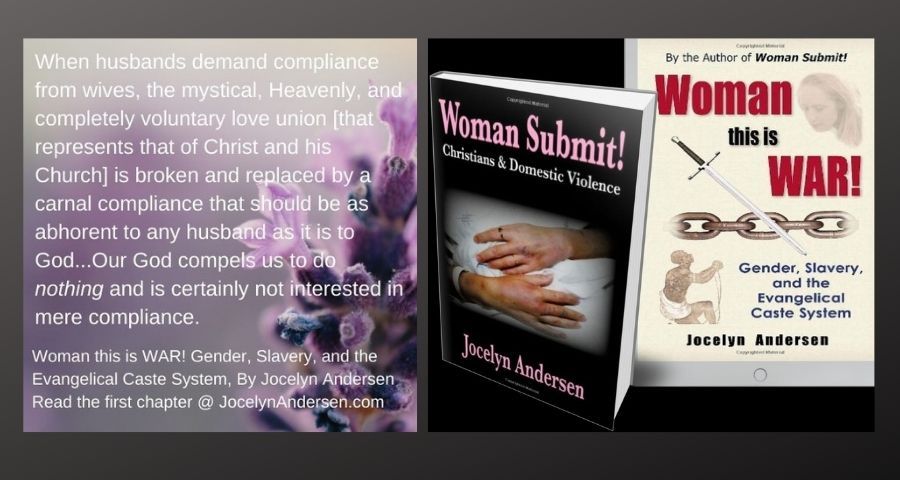Behold
when you are entered into the city there shall an anthropos meet you bearing a pitcher of water follow this one into
the house where [she] enters in[1]
11: And you shall say to the ruler of the house[2]
The Master says to you Where is the guest chamber where I shall eat The Passover
with my disciples 12: And you shall be shown a large upper room[3]
furnished There make ready (Luke 22:10-12)
[1]
It was typically women who went to the well for water, not men, so it is more
than likely that it was a woman servant Jesus told Peter and John to follow
into the house.
[2]
Jesus uses the same Greek compound word in Luke 22:11 for the “ruler of the
house” [noun rendering of such] as Paul uses in 1 Timothy 5:14 instructing wives
to “rule the house” [verb rendering]. It was typically women who prepared for meals, feasts, and guests. The ruler of the home who showed Peter
and John the upper room was more likely to have been a woman than a man.
[3]
Probably the same upper room the 120 prayed in as they waited for the promise
of the Spirit that came on the day of Pentecost.
List of Untranslated Words in this passage
Anthropos G444 A human being; the human race in general; Mixed crowds of both men and women; angels who are sometimes mistaken for men; people in general, whether female or male. In instances where this is the case, rather than using a gender specific or androcentric term, the HHBC commentary uses the untranslated Greek word, anthropos, which is frequently used in the Received Text for mixed groups of women and men and of the human race as a whole. Most languages are androcentric (male centered) including the Hebrew and Greek our English scriptures were translated from. Most English translations are even more so, and in many cases supplement the text with the words, man or men where they do not appear. For that reason, where the Greek word, anthropos, occurs, the HHBC often leaves it untranslated, leaving it to the context and the reader to decide if the text is alluding specifically to males, or to a mixed crowd/group composed of both females and males, or of the entire human race in general.
Woman this is WAR! Gender Slavery
and the Evangelical Caste System examines Bible commentary and translation
practices which have historically been androcentric (male centered) and even
misogynistic (anti-woman). These have adversely effected understanding of the
scriptures, relations between women and men, the happiness of men and women,
and, in general, has hindered the work of the gospel, by forbidding women to
preach, pastor, or serve as elders or deacons. The book chronicles the early
history of the women's rights movements, as well as the role of church
leadership in aggressively suppressing both women's rights and the historical
record of Christian initiatives within the movements. Through the
complementarian movement, many of the same arguments used to support the
institution of slavery, are still used today in suppressing the rights of
Christian women. This book documents identical arguments used by Christian
leaders against both movements and is an unparalleled resource for all who
desire an in-depth study of gender equality from a Christian perspective. The
history of women’s rights is traced back [much further than usual] to the very
first feminists…who were Christians—godly women, who brought the issue
of women's rights to the forefront as they struggled to alleviate the suffering
of others, and found they were hindered in doing so for no other reason than
the fact of their sex. This work, provides valuable historical insight into
Christian initiatives in the movements for women’s rights, that are rarely
included in Christian literature. Visit this link for more information or to
buy the book: Woman this is WAR! Gender Slavery
and the Evangelical Caste System



No comments:
Post a Comment